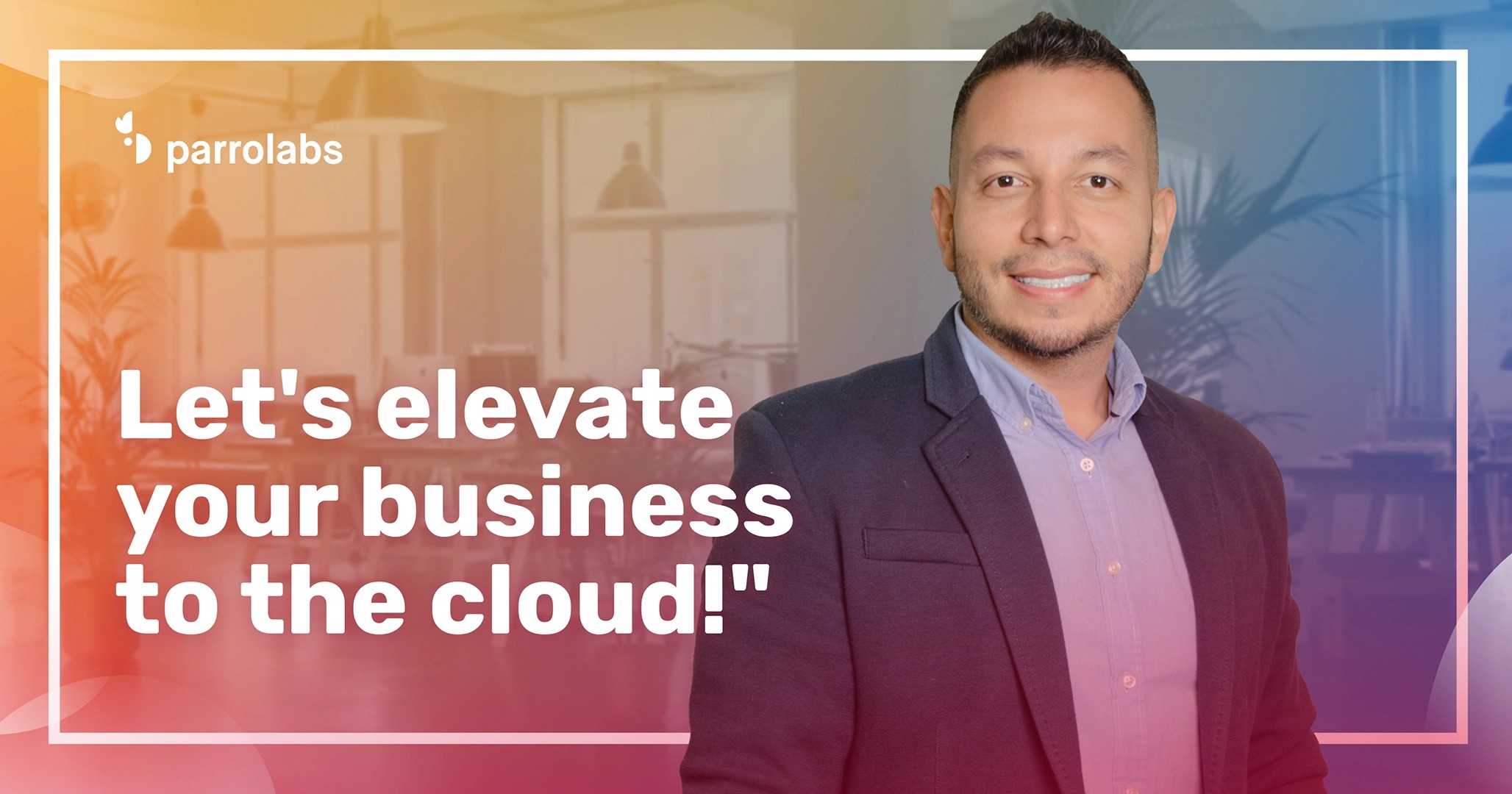

Cloud computing has been gaining popularity in the world of technology due to its ease of deployment, reducing the impact on server administration and additional equipment. It allows companies and users to manage resources from anywhere with an internet connection.
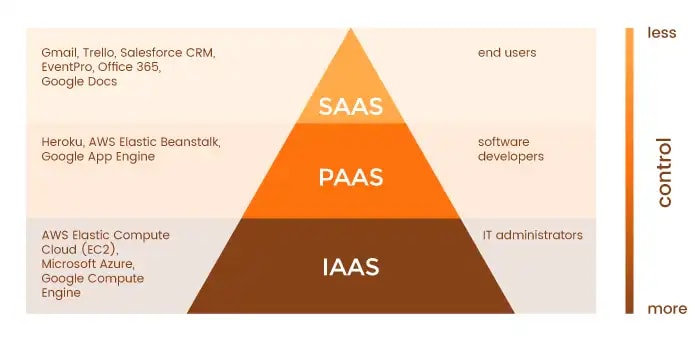
Cloud computing offers several benefits that help businesses save costs and time while improving efficiency. Below are some of the advantages of cloud computing:
One of the significant benefits of cloud computing is cost savings. In the cloud, you only pay for the resources you use. You don't have to purchase servers or other computing equipment to deploy your applications. The cost of server administration is implicit in the cost of use, so companies don't need to worry about hiring someone to maintain the servers or spending time on installation, backups, or application maintenance.
You can use the resources immediately after subscribing and paying for the service.
Cloud service providers like Amazon, Google, or Microsoft hire highly trained personnel to address issues related to server security. Additionally, the locations where the servers are located have high security for their infrastructure.
Cloud computing also offers scalability, the ability to increase the size of the infrastructure and processing resources more quickly according to the workload.
- Vertical Scalability (Scale-up):
This involves increasing the capacity of a single server or resource to handle a larger workload.
- Horizontal Scalability (Scale-out):
This involves adding more servers or nodes to a system or application to distribute the workload.
Cloud computing also provides elasticity, which means that a server's technical capabilities (CPU, RAM, Storage) can vary depending on the demand or traffic.
In the cloud model, companies have to leave their databases managed by a third party, which some companies are unwilling to do.
Cloud users or clients have more limitations on infrastructure and need help accessing specific configurations.
Under this model, the user/client depends on the service provider. This implies that there may be service availability problems when server updates are made.
Currently, there are many cloud service providers, but those that stand out the most for their participation in the global market are Amazon (AWS), Microsoft (Azure), and Google (GCP).
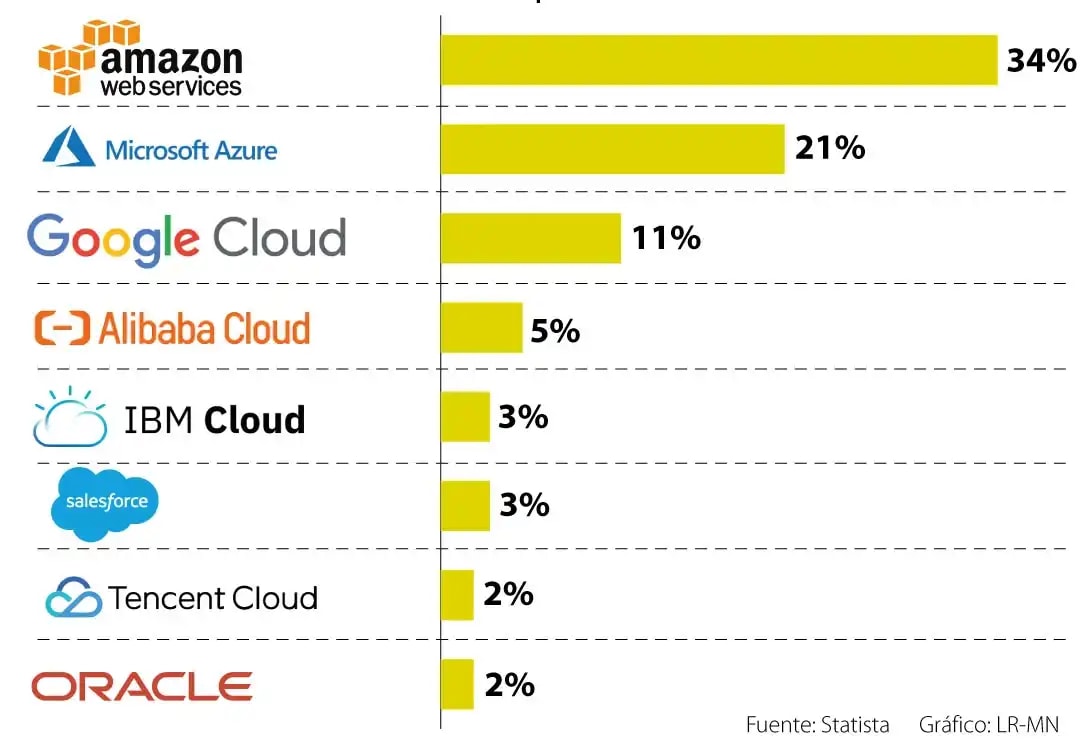
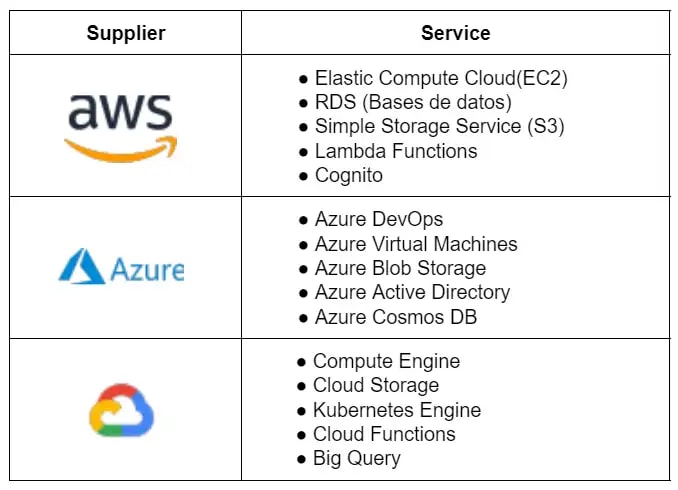
The question of which technology to use is common, and often, the answer is based on market share or popularity. Choosing a popular technology has the advantage of more available documentation and a larger community to help with any questions. However, several factors must be considered to make the best decision, such as costs, availability, supported programming languages and frameworks, and more. To help with this decision, a table of the advantages and disadvantages of the most commonly used platforms is provided below.
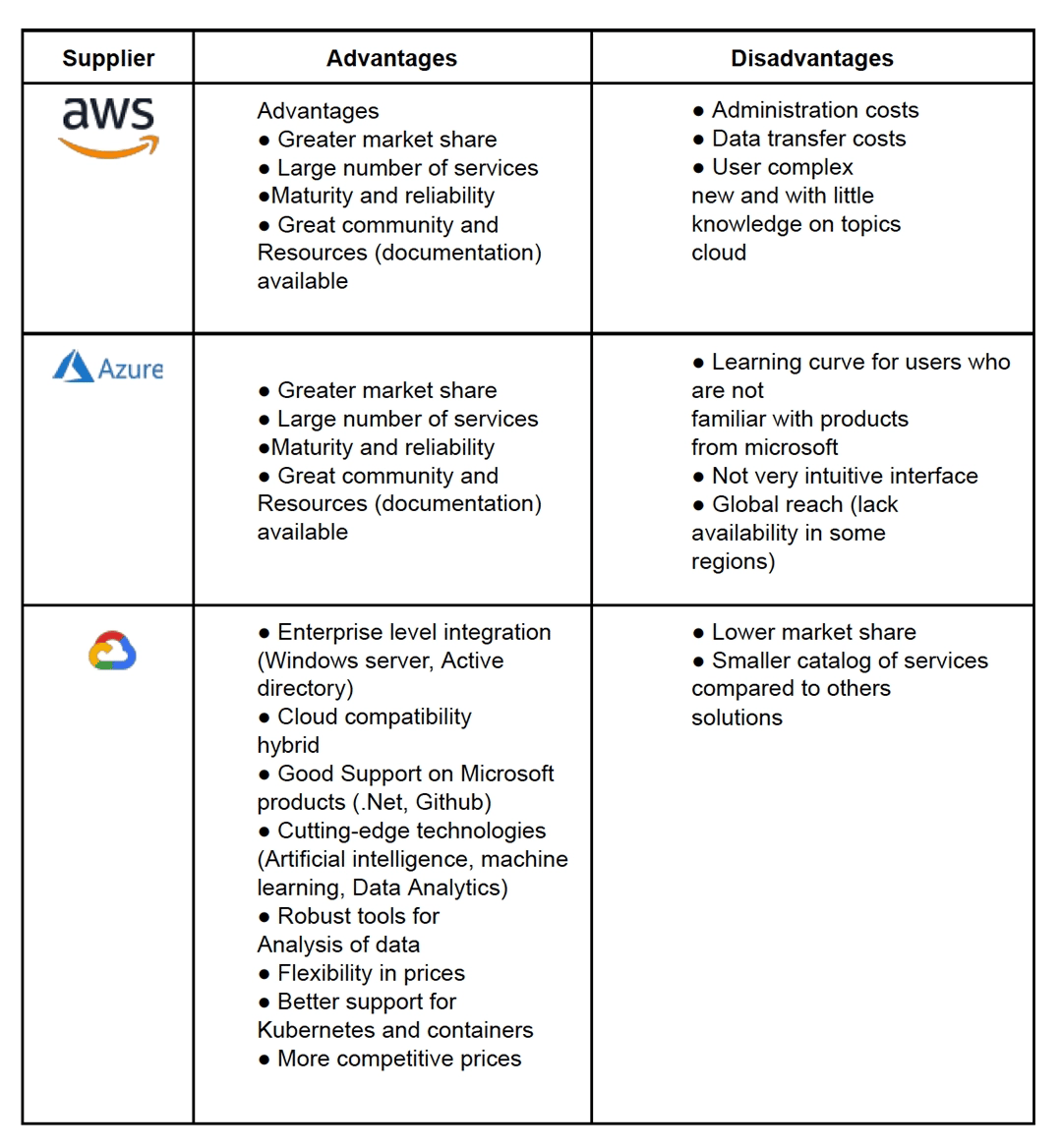
ParroLabs is here to guide you through the maze of cloud services. From choosing the right platform to optimizing your cloud infrastructure, our team of experts is equipped to provide you with the solutions you need. Don't let the complexities of IaaS, PaaS, and SaaS overwhelm you.
Contact us today to discover how we can tailor cloud computing solutions to fit your specific business needs and propel your organization into a new era of efficiency and innovation. Whether you’re a startup or an established enterprise, our strategic approach to cloud computing will position you at the forefront of technological advancement.
